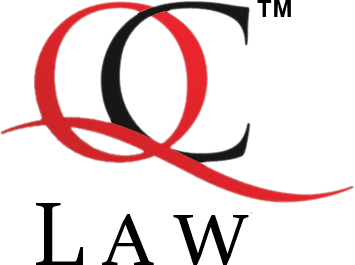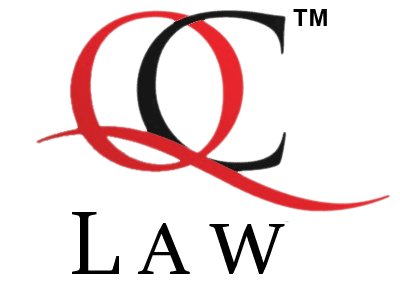What to look for when entering into a commercial lease
Going into business can be an exciting time for many and the need for a commercial premises may not be necessary straight away. At some stage though as the business grows and becomes more successful, your garage or a spare bedroom in your house may no longer cut it as your business’s home base. The search will start for suitable commercial premises that will suit your needs not only for now but into the future.
Entering into a commercial lease can be a daunting task, even for the most experienced business owner. The experienced team at QC Law are your trusted commercial lawyers on the Gold Coast and can help you sidestep some of the most common commercial leasing mistakes that can easily be made without the right advice.
In this article, we will discuss the difference between residential and commercial leases and then outline some commercial leasing pitfalls to avoid.
Difference between a residential and commercial lease
Simply put, a commercial lease applies to premises that are to be used for business purposes: Warehousing, Office Spaces, Retail Premises or Industrial. A residential lease applies to premises where people intend to reside.
A commercial lease will usually prohibit the tenant from using the property as a living space and in turn, a residential lease will usually prohibit the tenant from using the premises for commercial purposes.
Common pitfalls
- Term of Lease
This is a great place to start as this is the most important point. As with any business, location is key, this is for many different reasons. If you own a retail brick and mortar business, you need to establish your brand and a home base so negotiating the correct term for your lease is important. No one wants to be moving premises regularly so a 3 to 5-year term with an option to renew built into the lease is a good start. These options are exercised in writing usually 3-6 months out from the end of the lease term. - Maintenance and Repair
It is important to stipulate in your lease who is responsible for the maintenance and repairs for the premises. You don’t want to get into a dispute over who is responsible for the leaking pipe or the damage that may cause to your carpet. Your lease should clearly who is responsible for what, for instance, a landlord might be responsible for any external repairs, common areas and plumbing. These would all be entered into your commercial leasing agreement. QC Law has been involved in many commercial leases and can give you the best advice to ensure that you are covered. - Outgoings
If you have the right Lawyers in your corner, they might be able to negotiate your rent with outgoings included but generally, outgoings are an addition to the rent. In your lease there will be a list of additional outgoings that the tenant will be required to pay, they might be: Water Rates, Strata Fees, Land and Council taxes and levies. Tenants should be aware of the outgoings and allocate them into their budget. - Fixtures and fit-out
This is especially important if you are entering an agreement to rent a retail space. Generally, tenants are expected to pay for the fit-out of the premises for their specific purposes and once they move out of the premises, they must return the premises to the condition it was when they arrived. It’s important that you know what your commercial lease agreement states on this point. There will also be an inventory of fixtures and fittings that are owned by the landlord, if you wish to remove any of these you would first need to seek permission from the landlord.
There is no doubt that there are many pitfalls to look out for when entering a commercial lease. At QC Law, our experienced team knows commercial leases inside and out and with the right team behind you, you are one step closer to owning your dream home. Contact the team at QC Law for all your legal needs at epost@qclaw.com.au


